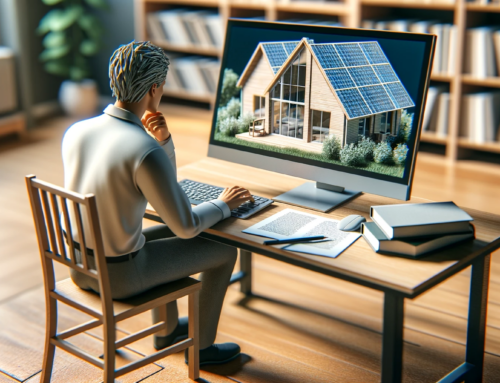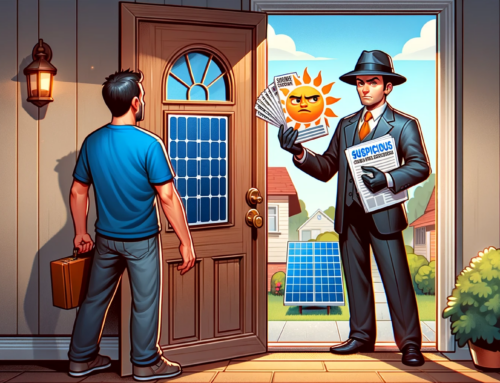Solar panels are a fantastic investment for homeowners who want to save money on their electric bills and reduce their carbon footprint. However, you should know what your warranty covers so that you can make the best decision for your home. If something goes wrong with your solar panels, it’s important to understand how the company will respond and whether or not they’ll pay for any repairs or replacements.
Homeowners should be aware of what sort of warranties come with their solar system before purchasing one since there is no single warranty policy in place across all companies – each has different terms and conditions. Some warranties only last 10 years, while others offer as much as 20-25 years!
Breaking Down the Warranty
The Warranty is Not Just for the Solar Panels
Though solar panels are the main components involved in a residential solar system, it also has other crucial components. A complete residential solar system involves solar panels, inverters, batteries, and the installation of the solar system (labor and materials). The need for excellence is crucial in each of these areas. Hence, you must make sure that the manufacturer provides convenient and beneficial warranty policies for each one of the components. Typically, most solar panels come with a warranty of up to 25 years and inverters with around 10 to 25 years.
Manufacturer Warranties are Not Directly Handled by Manufacturers
Most warranties are named manufacturer warranties. However, that does not mean that for every fault, you have to call the manufacturer directly. An authorized solar installer handles the repair and replacement offered in the manufacturer’s warranty. Ideally, the company that sold and installed your solar system will handle your warranty, so choose your solar installer wisely.
Some Conditions Are Covered in Your Insurance, Not in The Solar Warranty
Situations beyond the domain of solar manufacturers often include problems like fire, hailstorms, natural disasters, vandalism, etc. If any issues occur due to these reasons or because of your negligence, your solar warranty will most likely not cover this. Such situations mostly come under your homeowner’s insurance, but do not assume that you are covered. Call your insurance company and make sure to add your system to your current plan.
Warranty Policies Are Mostly Different for Solar Leases
Purchasing solar through a lease often involves a warranty for the total period of the lease agreement. In most lease programs, the warranties involve the leaseholders rather than the manufacturers.
Research Well
When you’re considering a solar system installation, it is important to know the ins and outs of the warranty. A residential photovoltaic (PV) solar system includes many different components that may need servicing or replacement over time. Understanding what your warranty covers can help ensure that any unforeseen repairs are covered by an extended warranty contract before they become an expensive problem for you. Not all solar warranties are created equal, and there are some key things you need to consider before making your purchase decision.
If you’re looking into installing a residential solar system with no upfront costs and the best warranties in the business, contact SUNSOLAR SOLUTIONS today. You can also check out our blog page to learn more about solar energy and relevant topics.







